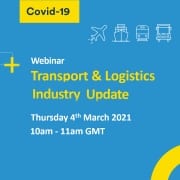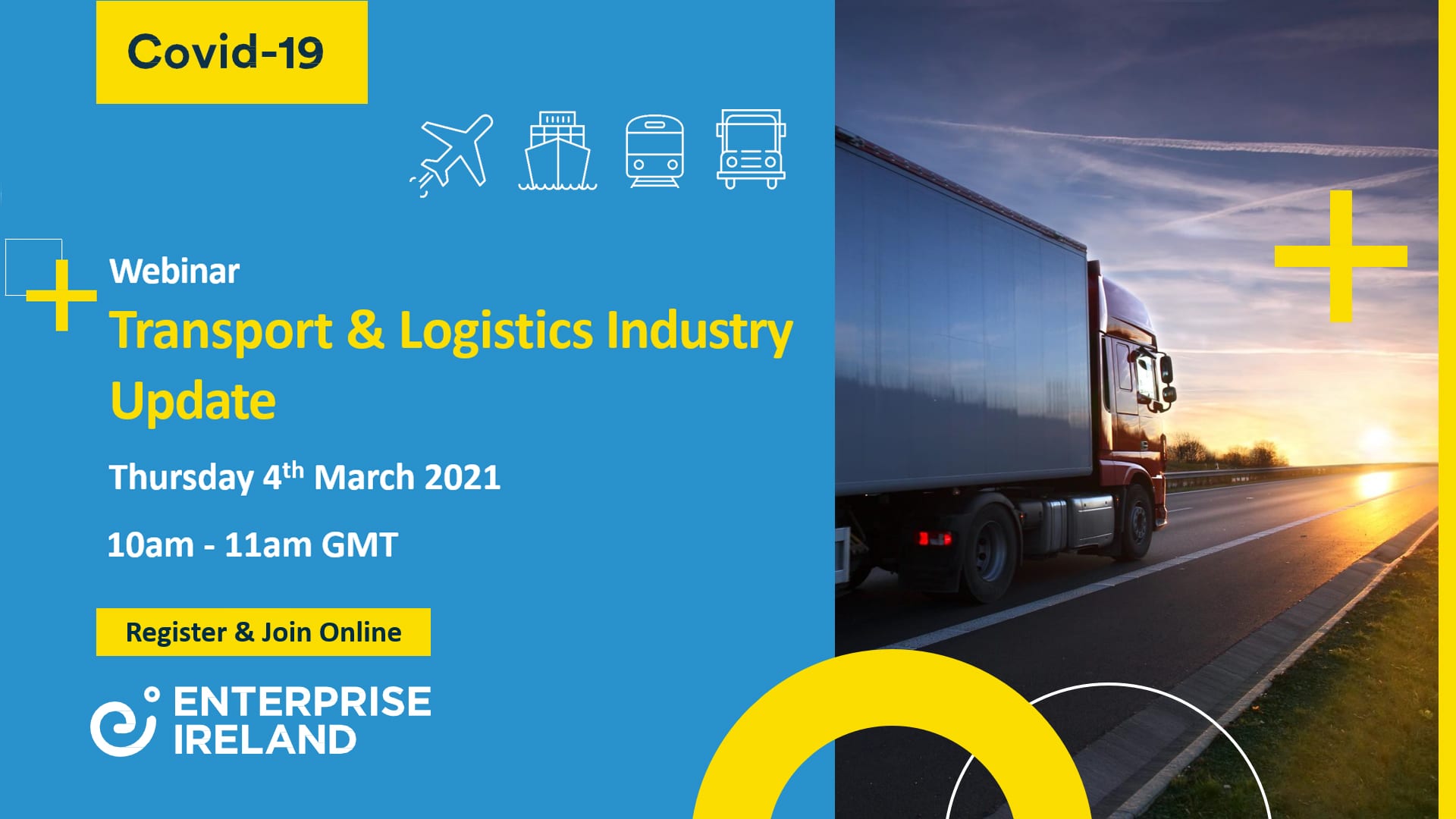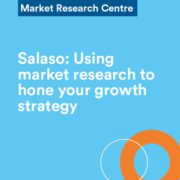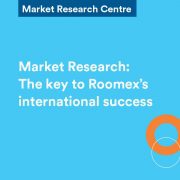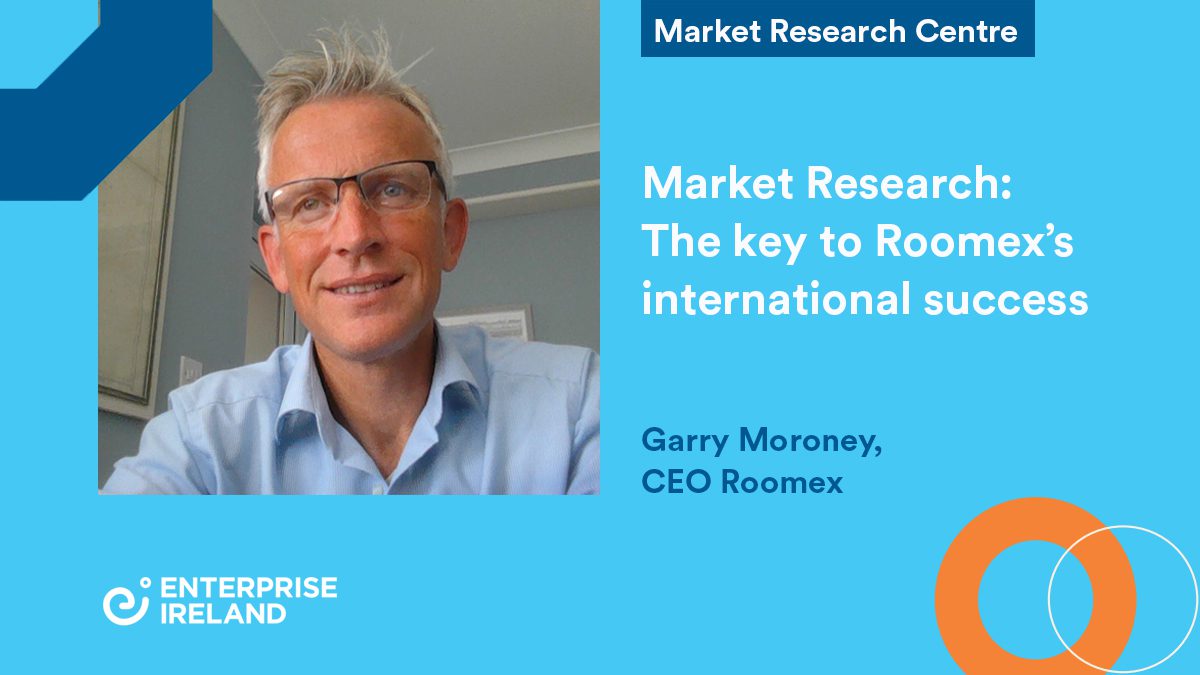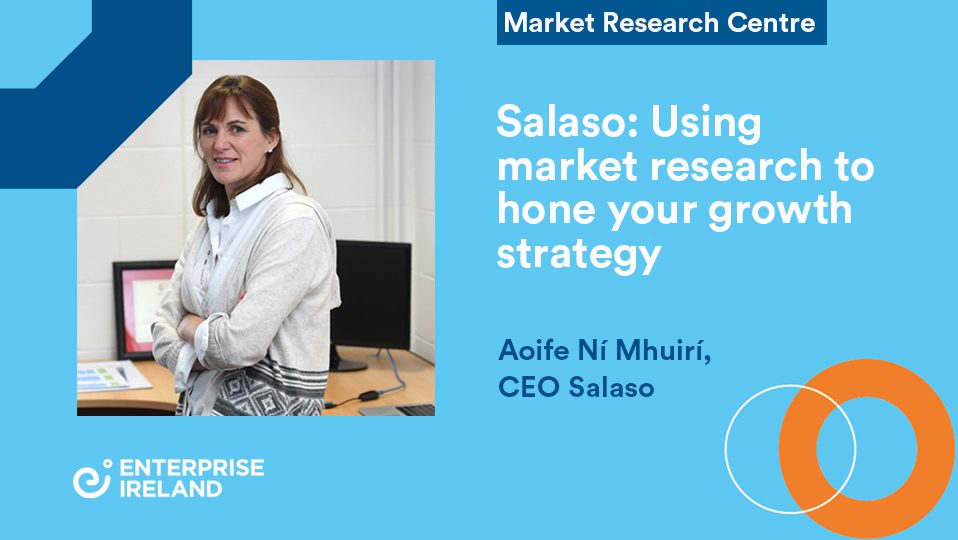
Market research is important at every stage of building a business, not just when you’re exploring new markets and verticals. For Aoife Ní Mhuirí and Salaso, market research was vital when their precision exercise digital platform was inundated with requests from new customers over the last 12 months – and this is where Enterprise Ireland’s Market Research Centre proved so useful.
“The last year has been an absolute gamechanger in terms of digital health, we experienced a large increase in inbound customer queries because we had the digital platform to deliver to patients under COVID restrictions.” explains Salaso CEO Aoife Ní Mhuirí
“As a small company, we had to focus on the right opportunities and we found the Market Research Centre particularly useful in understanding these customers. More strategically it is has helped us hone our market expansion strategy in the US.”
The growth of digital health
In business for 10 years, Salaso is a well-established digital platform designed for health professionals to make precision exercise prescriptions easily accessible for patients. The idea was born out of Aoife’s experience as a working chartered physiotherapist and her interest in e-learning and digital technology.
“I did the Endeavour Programme back in 2011 at the Institute of Technology in Tralee (now Munster Technological University), and that was essentially the start of Salaso. The company’s aim was to use technology and multimedia to make exercise a core part of healthcare and this led to the development of the Salaso platform . Physiotherapists, occupational therapists, primary care therapists, nurses, physicians and so on can use the infrastructure to engage their patients in exercise and physical activity programmes in order to improve outcomes both for the patient and the clinic, hospital or practice.”
The platform can be used in countless scenarios, as Aoife explains. “It’s really for every patient; one of our clients in the US said that our infrastructure will benefit every person coming through their doors – and that’s true. No matter who you are or what you do, there’s always an exercise programme that can benefit your health and wellbeing – whether you have breast cancer, you’re recovering from a stroke, you have a pain in your back, you want to play sport and need to recover from a hamstring strain, there’s always an exercise programme for you.”
“We like to think of ourselves as pioneers in precision exercise, delivering the smart infrastructure that allows practitioners select and guide the patient in choosing the right exercise, at the right time and in the amount of time the patient has to engage in exercise.”
US growth ambitions
Headquartered in Kerry with offices in the UK and the US, Salaso is going from strength to strength. “There are huge opportunities for our platform in the US due to the direction that healthcare is taking over there – it’s very much about keeping people out of hospitals and surgeries, and that’s what our platform feeds into. We have an office on the East Coast and also in Nevada, working to target the value-based care market on the West Coast.”
That opportunity has grown even more due to the Covid-19 pandemic, as Aoife explains. “The pandemic changed the delivery and the consumption of healthcare forever, which is a good thing for many people, as there’s easier access to the care that they need – because the technology is available and the infrastructure is there in the hospitals. The behaviour has changed too, now that digital healthcare is accessible. Think of someone who’s had a stroke or suffers from Parkinson’s disease who needs to access care or follow-up physiotherapy – before they would have been reliant on someone driving them there, maybe a son or daughter who has to take time off work, now they can access the care they need from the comfort of their own home.”
This, coupled with the fact that patients are becoming more educated about the many different forms of healthcare, has resulted in Salaso becoming a much sought-after platform.
“More patients are also now more involved and informed about their options; if there’s an exercise programme that might help postpone a surgery or improve recovery, then they want to know about it.”
“All of the evidence shows that if you engage with prehabilitation before surgery, the outcomes post-surgery are better. Even if you look at an area like cancer, exercise not only improves quality of life but it can also have a positive effect on survivorship.”
As Salaso grew, so did its need for market research; as Enterprise Ireland clients, the company was able to avail of the Market Research Centre to help them recognise opportunities and understand new markets. “We used the Market Research Centre for accessing a lot of the reports for the overseas markets, the US in particular,” Aoife explains.
“The centre was very useful for segmenting the industry, as well as identifying the possible leads that we could go after. It also helped us in understanding the market in the US, how reimbursement worked, and what has changed in the last 12 months. ” says Aoife
“The centre was very useful for segmenting the industry, as well as identifying the possible leads that we could go after. It also helped us in understanding the market in the US, how reimbursement worked, and what has changed in the last 12 months. For instance, a year ago, tele-health wasn’t reimbursed, but during the pandemic, reimbursement for tele health was brought in temporarily, and now it appears to be here for the long-haul. Getting information on topics like this is so useful when navigating a complicated market like the US healthcare market.”
The pandemic has accelerated Salaso’s growth as a company but expanding too fast can have its pitfalls too – and again, the data provided by the Market Research Centre can be invaluable. “There’s great opportunity for us to expand right now but we’re still an SME with limited resources, so knowing the best use of those resources is critical for the future of the company. And that’s where market research really comes in for a company like us.”
Learn how Enterprise Ireland’s Market Research Centre can support your company’s export ambitions.

